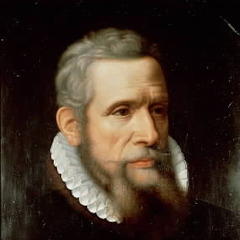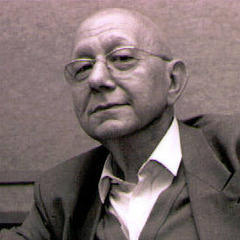John Dewey Quotes - Page 4

Skepticism: the mark and even the pose of the educated mind.
John Dewey, Larry Hickman, Thomas M. Alexander (1998). “The Essential Dewey: Pragmatism, education, democracy”, p.28, Indiana University Press
The result of the educative process is capacity for further education.
John Dewey (2015). “Democracy and Education”, p.71, Sheba Blake Publishing
Education as growth or maturity should be an ever-present process.
John Dewey (1998). “Experience and Education, 60th Anniversary Edition”, p.52, Kappa Delta Pi
Selection aims not only at simplifying but at weeding out what is undesirable.
John Dewey (2012). “Democracy and Education”, p.25, Courier Corporation
In brief, the function of knowledge is to make one experience freely available to other experiences.
John Dewey (2005). “Democracy and Education: An Introduction to the Philosophy of Education”, p.395, Cosimo, Inc.
John Dewey (2015). “Democracy and Education: Top American Authors”, p.83, 谷月社
Man lives in a world of surmise, of mystery, of uncertainties.
John Dewey (2005). “Art as Experience”, p.35, Penguin
The educational process has no end beyond itself; it is its own end.
John Dewey (2009). “Democracy and Education: An Introduction to the Philosophy of Education”, p.89, The Floating Press
John Dewey (2012). “Democracy and Education”, p.10, Courier Corporation
John Dewey, Jo Ann Boydston, Ernest Nagel (2008). “The Later Works, 1925-1953: 1938”, p.112, SIU Press
John Dewey (1998). “Experience and Education, 60th Anniversary Edition”, p.46, Kappa Delta Pi
Nature is the mother and the habitat of man, even if sometimes a stepmother and an unfriendly home.
John Dewey, Jo Ann Boydston, Abraham Kaplan (2008). “The Later Works of John Dewey, 1925-1953, Volume 10: 1934, Art as Experience”, p.34, SIU Press
John Dewey, Jo Ann Boydston (2008). “The Early Works, 1882-1898: 1895-1898. Early essays”, p.95, SIU Press
John Dewey (2015). “Democracy and Education: Top American Authors”, p.32, 谷月社
"The Later Works, 1925-1953: 1938-1939".
William James, John Dewey, John M. Capps, Donald Capps (2005). “James and Dewey on Belief and Experience”, p.242, University of Illinois Press
John Dewey (1998). “Experience and Education, 60th Anniversary Edition”, p.85, Kappa Delta Pi
Every great advance in science has issued from a new audacity of imagination.
The Quest for Certainty Ch. 11






